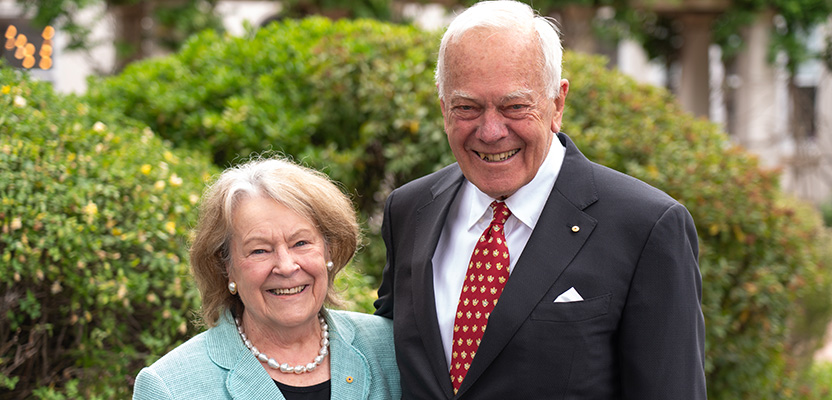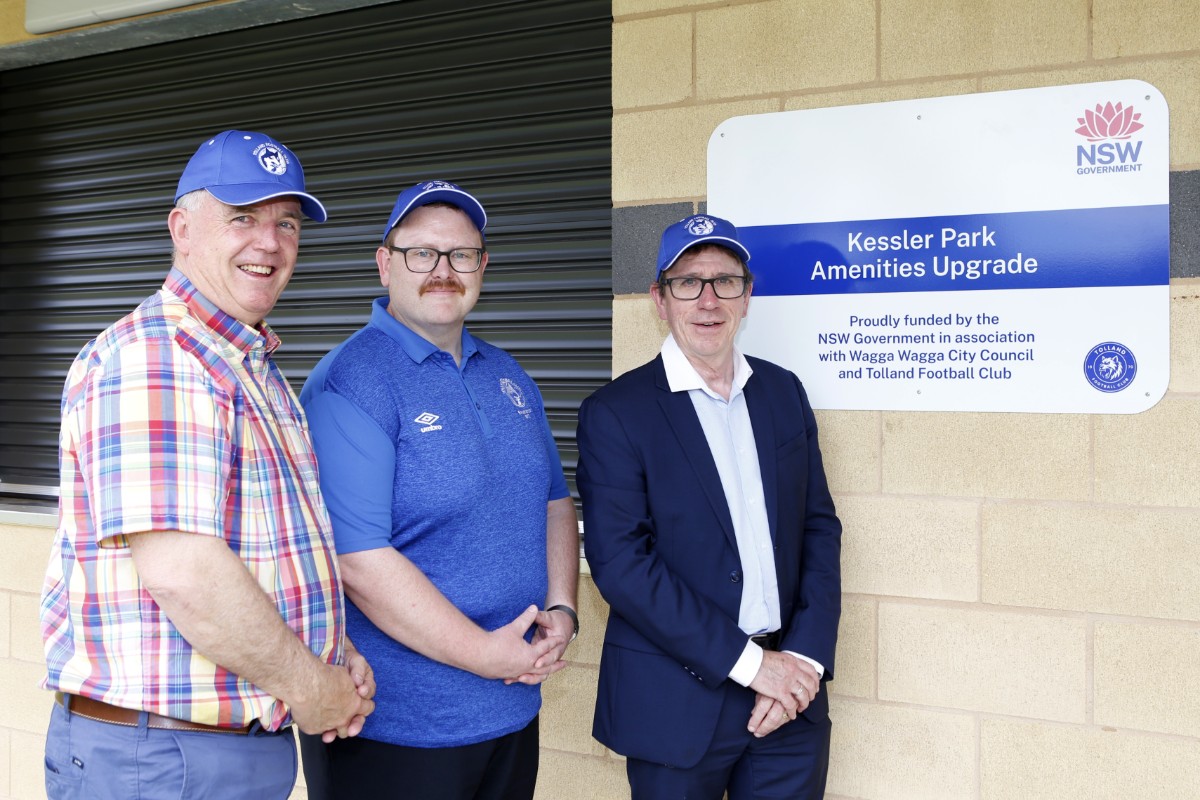Tomorrow, 80 years after the Battle for Australia, we recognise all those who defended our country during the Second World War, at home and in land, air and sea battles to our north.
Minister for Veterans’ Affairs Matt Keogh said the Battle for Australia Day commemorates the courage and service of all those who contributed to an enormous national war effort as Australia came under attack.
On 15 February 1942 Singapore fell to the Japanese and Prime Minister John Curtin uttered those infamous words – “The fall of Singapore opens the battle for Australia…It is now work or fight as we have never worked or fought before.”
“Australia suffered a series of direct attacks over the next two years. Cities and towns were bombed and shelled, navy vessels and merchant ships were sunk in the waters around mainland Australia and off the islands to our north,” Minister Keogh said.
Just days after the Battle for Australia was declared, Darwin was raided for the first time by 188 Japanese aircraft and around 250 people lost their lives. More than 60 air raids were made on Darwin itself during the war and 97 recorded across northern Australia.
In May 1942, the Allies prevailed in the Battle of the Coral Sea – the largest naval encounter ever fought off Australian shores.
“Throughout 1942 our forces desperately fought to halt and eventually push back the Japanese along the Kokoda Track, in Buna, Gona and Sanananda in Papua, in New Guinea, the Huon Peninsula, Wewak and on the island of Bougainville,” Minister Keogh said.
“They fought with tenacity and courage in gruelling conditions, and helped turn the tide of the war against Japan.
“About one million Australians served in a range of theatres throughout the Second World War with more than 39,000 losing their lives and many more wounded or taken prisoner of war.
We commemorate the Battle for Australia on the first Wednesday in September, because it represents the first defeat of Japanese forces on land in the Battle of Milne Bay.
“I ask all Australians to pause and remember the thousands who contributed to victory in the Battle for Australia, including those who served on the home front and the sacrifices of the families of those who served,” Minister Keogh said.








